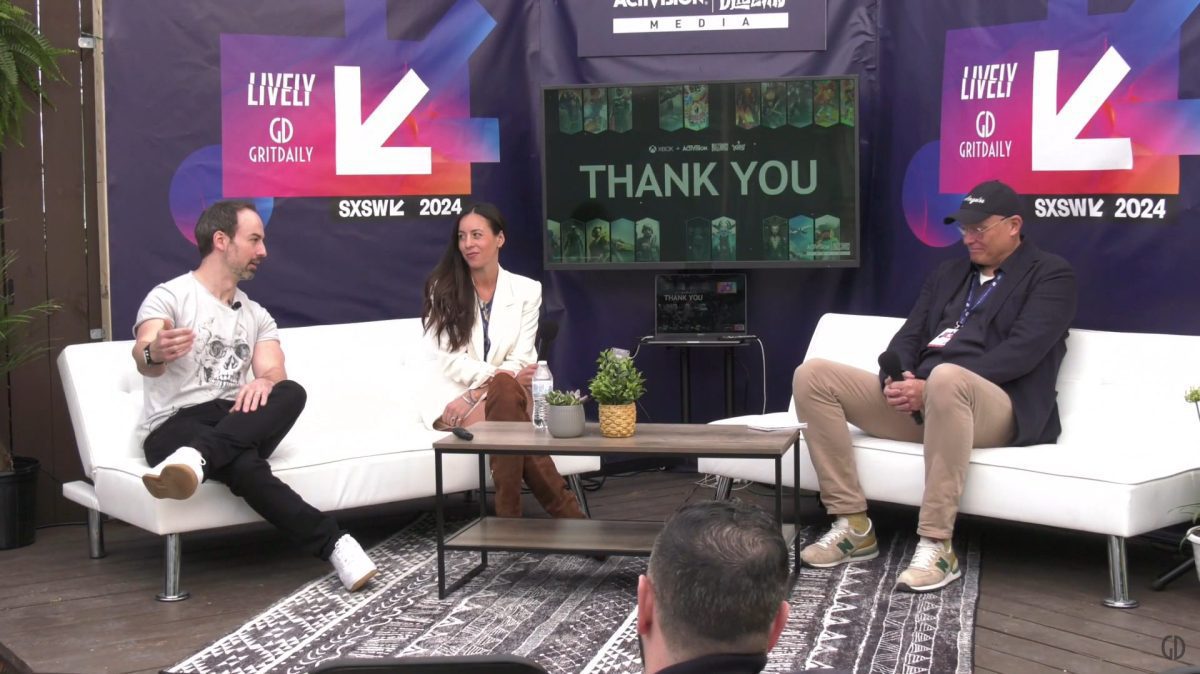Video games are one of the most underestimated and misunderstood entertainment mediums, both in terms of potential and what they are all about. Ever since Pong was launched in 1972, many have seen video games as an activity limited to children, teenagers, and a limited group of awkward adults. Now, with over 3.3 billion gamers worldwide, entrepreneurs, investors, and specialists are starting to pay attention to gaming.
Not only have video games made their way into mainstream media but also become a global phenomenon that defied all expectations. eSports, Speedrunning, Streaming, and casual gaming have all become cultural powerhouses creating a market that generates over $184 billion every year.
The relatively fast and recent surge in popularity, which translates to financial gains, has caught many off guard, meaning they have found it difficult to capitalize on the unique opportunities video games represent. This is especially true when looking at many failed attempts to reach the gaming community, whether it is by producing a failed video game-based movie or by becoming a meme using video games to look relatable while asking people to vote.
Even studios have failed at times to understand what makes their most popular intellectual properties (IPs) successful, as demonstrated by game studios like Ubisoft itself. Both the reluctance to recognize video games as the impactful medium it is and to adopt or adapt it without understanding its complexities, are some of the major challenges the industry faces.
Most people who identify as gamers have an easy time understanding what makes the experience special. While the interactivity the medium brings to the experience is certainly the most special, there are many other elements like the community, sense of achievement, unique and complex storytelling, competitiveness, and sustainability over time.
While the perks that make video games such an enjoyable experience to many are what has allowed them to grow to this point, it is also one of its many drawbacks. The passion the gaming community possesses has also led to a level of gatekeeping that few other communities possess. In internet culture, gamers are recognized as one of the most “toxic” communities out there, with some games like “League of Legends” and “Call of Duty” being infamous for it.
These negative stereotypes mean that developers, media, and gaming personalities often need to be cautious about what they say regarding gaming culture. The same is true for investors, advertisers, and brands looking to explore the space as traditional marketing approaches don’t usually work.
Simply paying lip service or slapping some game references onto their campaigns is rarely enough, as history has proven. Brands, artists, politicians, and others hoping to tap into the world of gaming often need to do what other people made to get in: understand video games. Despite the many subdivisions that exist, most gamers share a common language, values, desires, and rules.
Gaming giants like Activision Blizzard and Electronic Arts embarked on a mission to explore and communicate this language to interested parties. The companies have been making an effort to find the best possible ways to bring brands to the world of gaming. While not every effort in this area has been successful, great progress has been made.
Elle McCarthy and Jonathan Stringfield have been two of the most influential people in this endeavor. McCarthy served for three years as Electronic Arts VP of Brand, Marketing Operations & Impact, while Stringfield has been Activision Blizzard VP of Global Business Research & Marketing. These two companies are some of the biggest players in the gaming industry, with a combined market cap of over $100 billion.
Both Stringfield and McCarty sat with Lively CEO Mike White as part of this year’s edition of The Lively & Grit Daily House during SXSW to talk about the potential gaming holds for brands and investors. Stringfield also did a presentation on how gaming has evolved over the years to become the entertainment powerhouse it is today.
This event marks Grit Daily’s first incursion into the world of gaming, providing attendees with a fresh perspective on what could be one of the most transformative channels of the next decade. If you couldn’t attend but would like to know what these two speakers had to say, you can watch the presentation and panel below.








